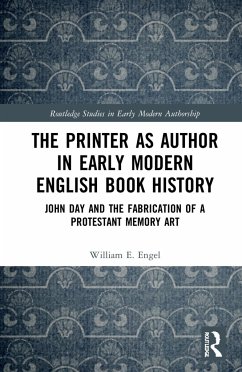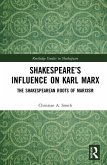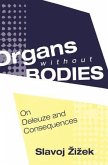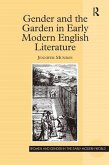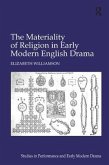This is the first book to demonstrate how mnemotechnic cultural commonplaces can be used to account for the look, style, and authorized content of some of the most influential books produced in early modern Britain. In his hybrid role as stationer, publisher, entrepreneur, and author, John Day, master printer of England's Reformation, produced the premier navigation handbook, state-approved catechism and metrical psalms, Book of Martyrs, England's first printed emblem book, and Queen Elizabeth's Prayer Book. By virtue of finely honed book trade skills, dogged commitment to evangelical nation-building, and astute business acumen (including going after those who infringed his privileges), Day mobilized the typographical imaginary to establish what amounts to-and still remains-a potent and viable Protestant Memory Art.
Hinweis: Dieser Artikel kann nur an eine deutsche Lieferadresse ausgeliefert werden.
Hinweis: Dieser Artikel kann nur an eine deutsche Lieferadresse ausgeliefert werden.

